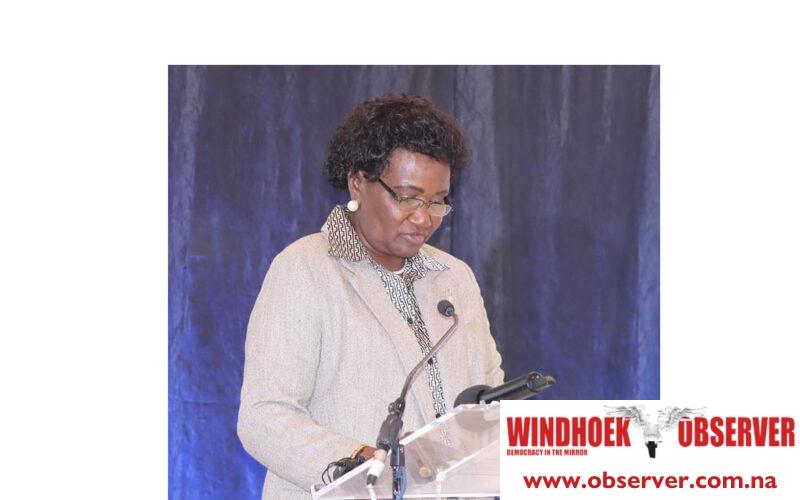Niël Terblanché
Namibia’s education system is poised for transformation, but it will take a collective effort to achieve the ambitious goals set out in the Transforming Education Implementation Charter.
The initiative is set to overhaul Namibia’s education landscape, focussing on inclusivity, quality education, vocational training, and research, aiming to better equip the country for future challenges and opportunities.
Namibia’s Ministry of Higher Education, Technology and Innovation (MHETI) and the Ministry of Education, Arts and Culture (MoEAC) jointly hosted the inception meeting on Wednesday in a substantial step towards the implementation of the Transforming Education Implementation Charter 2023-2030.
Itah Kandjii-Murangi, the minister of higher education, stressed that the success of this ambitious project will hinge on the collaborative efforts of all sectors—public, private, and international.
She reiterated the importance of fostering partnerships and ensuring sustainable support for the project charter.
“The government alone cannot achieve this transformation,” she said.
Kandjii-Murangi called on all stakeholders to invest in educational infrastructure, digital learning platforms, and research capacity to help Namibia achieve its socio-economic goals through education.
“Key to the plan is a strong emphasis on vocational education and training (TVET), an area where Namibia has made significant strides in recent years,” she said.
The minister stressed the importance of equipping Namibia’s youth with practical skills, not just for employment but also to encourage entrepreneurship.
Expanding digital connectivity, particularly in rural areas, is another critical component of the Charter.
“The aim is to ensure that all Namibian students, regardless of their location, have access to quality education,” she said.
Ester Anna Nghipondoka, Minister of Education, Arts and Culture, shared her colleague’s sentiments, referencing the National Conference on Education (NCE) held in 2022.
She said the conference laid the groundwork for many of the reforms now being implemented.
Nghipondoka reiterated the importance of prioritising the ten Key Levers of Change derived from the conference’s 43 recommendations, which include improving teacher training, accelerating educational infrastructure, and professionalising the teaching profession.
She also noted the critical need for continuous monitoring and evaluation.
“It is expected that the full and successful implementation of the prioritised recommendations will enhance the quality of our national education system and improve teaching and learning outcomes,” she said.
The minister encouraged stakeholders to remain committed to addressing challenges and finding innovative solutions to ensure the plan’s success.
One of the standout initiatives in the Charter is the expansion of digital learning platforms, an area that has gained renewed attention in the wake of the COVID-19 pandemic.
Both ministers stressed the need to modernise Namibia’s education system by integrating technology and making education more accessible, particularly for students in marginalised communities.
The meeting also provided an opportunity for the introduction of the Project Implementation Unit (PIU) and the Performance Delivery Unit (PDU), key teams that will oversee the rollout of the education reforms.
The PIU will work closely with the Office of the President to ensure the goals set out in the Charter are met, while the PDU will monitor progress and report on outcomes.
The Charter aims to provide better education as well as to equip future generations with the skills and knowledge necessary to thrive in a rapidly changing global environment.




